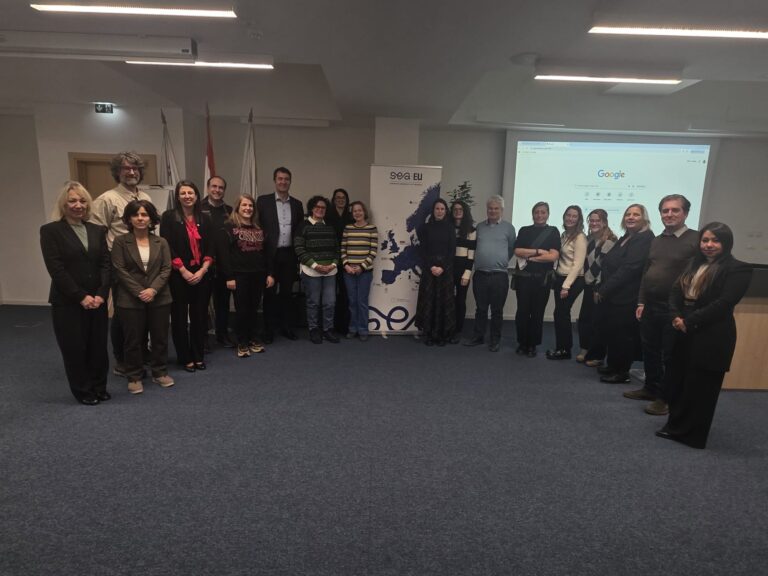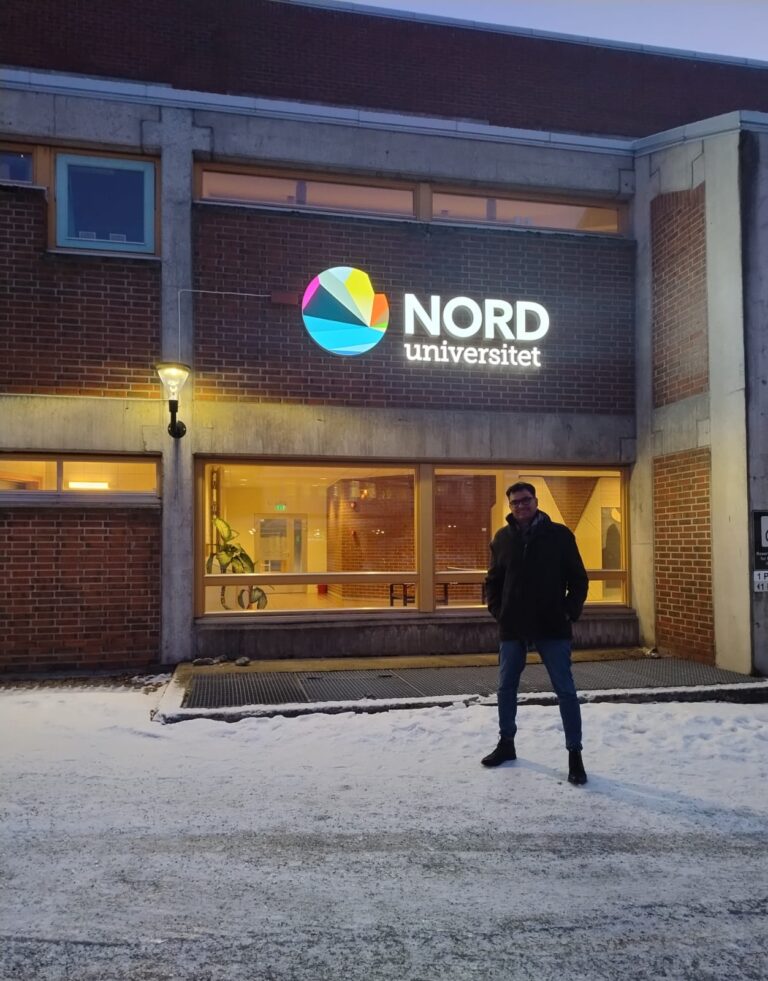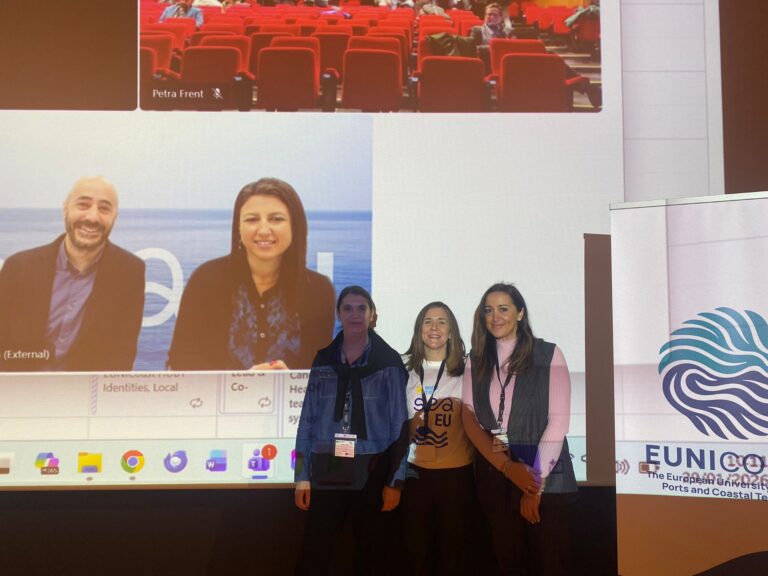The GENDER(ED) LANDSCAPES: Reframing Identity Across Art, Science, and Society conference, held from October 8 to 10, 2025, in Split, was an exceptional event that brought together art, science, and social thought in a unique dialogue on gender and identity. Organized by the Faculty of Humanities and Social Sciences at the University of Split, the Academy of Fine Arts, the Museum of Fine Arts, and the Université Marie et Louis Pasteur in France, with SEA-EU (European University of the Seas) as co-organizer, this conference also represented an important part of SEA-EU Task 4.1, promoting international collaboration and an interdisciplinary approach to contemporary social issues.
For three days, Split lived to the rhythm of conversations, encounters, and reflections. The conference’s theme was broad yet precise: to understand gender not as a fixed category but as a social, cultural, and historical dynamic that shapes our lives. Discussions addressed the boundaries of identity, the intersection of gender with technology, nature, politics, and art, as well as topics such as transhumanism, transgender experiences, and the body as a space of struggle, expression, and freedom.
Through lectures and panels, various disciplines intersected—philosophy, art history, literature, media and cultural studies, sociology, and even environmental sciences. Participants analyzed literary works, cited authors from Judith Butler to Joan Scott, and reflected on contemporary cultural phenomena and current social events. In this way, a space was opened where theory naturally met practice, art intersected with research, and science merged with experience. The keynote lectures by Leonida Kovač, Nela Ružić, and Srećko Jurišić were outstanding—powerful, thought-provoking, and deeply insightful—while other panelists were equally impressive. Each presentation offered new, sometimes surprising, and unexpected insights, sparking discussions that continued during coffee breaks. The atmosphere was exactly as Split is known for—friendly, open, and inspiring, with genuine interest in every new idea.
As is typical at the Faculty of Humanities and Social Sciences in Split, the atmosphere was warm and welcoming. Openness, immediacy, and the hosts’ hospitality extended to the entire conference, creating a sense of community and exchange. Particularly memorable was the evening gathering and communal dinner, where participants enjoyed relaxed conversations. Many guests noted that the conference was world-class—in content, organization, and approach.
All attendees left the conference enriched—with new ideas, inspirations, and questions that linger long after the lights in the halls fade. That was precisely the goal: to hear different voices, create space for reflection, confront one’s own perspectives, and, even for a moment, step out of one’s comfort zone. Only in this way do we grow—as individuals and as a community. Change begins within us, and by changing ourselves, we change the society around us.
The GENDER(ED) LANDSCAPES conference demonstrated the power of the synergy between science, art, and open dialogue. It connected disciplines, people, and ideas in a shared exploration of what unites us all—our need to understand the world and ourselves within it. And in conclusion, one can say only this: bravo—Split has once again proven that it can host events of global significance while radiating a warmth that no scientific instrument could ever measure.



